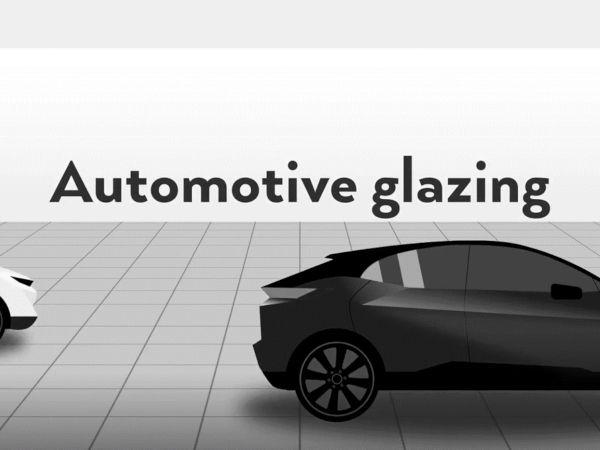
Date: 26 September 2024
Glass for Europe is pleased to announce the release of a new video highlighting the essential role of glazing in vehicles. The video outlines the key characteristics of automotive safety glazing, as the transparent material ensures visibility and comfort for vehicle users. It also hints at the crucial role of glazing in vehicles’ sustainability.
On the one hand, advanced glazing products can help reduce energy consumption by controlling the cabin temperature more effectively, reducing the need for mobile air conditioning. This results in lower CO2 emissions for combustion engine vehicles and an extended range for electric cars, making automotive glass a significant factor in sustainable mobility.
On the other hand, glass is fully recyclable. Automotive glass can be remelted to make new products when dismantled correctly and sorted by type. And as our new video explains, ensuring that glass is dismantled properly is the first critical step toward enabling its recycling.
This last point is particularly timely, as the European Parliament will soon begin work again on the new regulation on end-of-life vehicles (ELVR). Glass for Europe strongly supports the flat glass dismantling obligations initially proposed by the European Commission and advises legislators to keep them in the final text. This new video illustrates why.
Watch the video now to learn more about glazing in modern vehicles.
 600450
600450

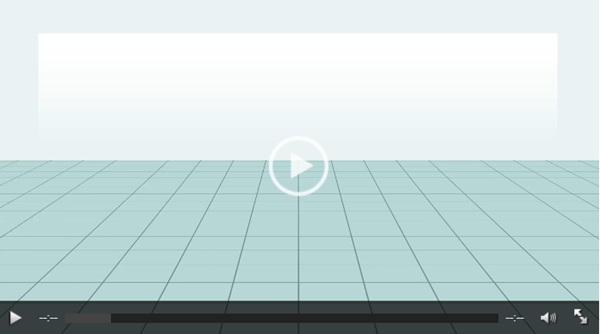




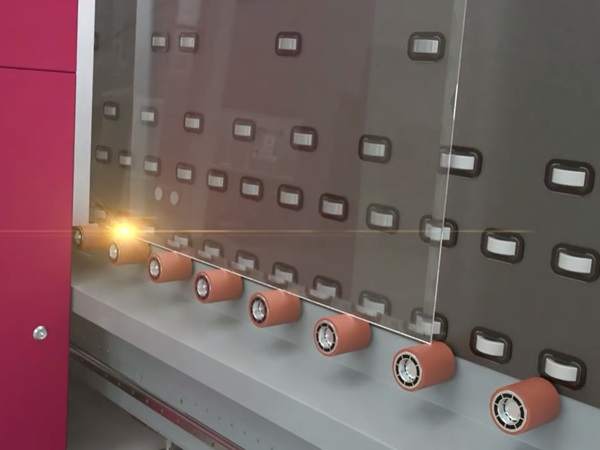








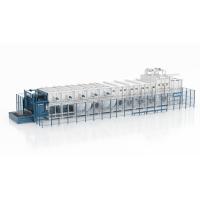
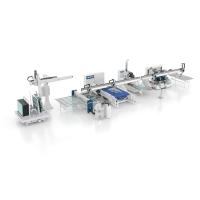

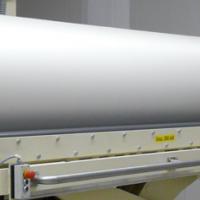
Add new comment